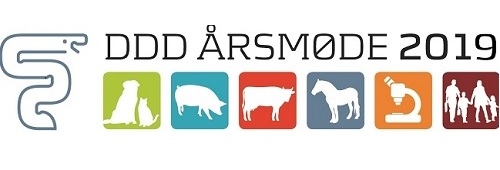
-
Gert ter Haar
DVM, PhD, DECVS, Specialistische Dierenkliniek UtrechtGert ter Haar is from the Netherlands and studied veterinary medicine at the Faculty of Veterinary Medicine in Utrecht, where he graduated in February 1997. After an internship and surgical residency in Utrecht, he became a Diplomate of the European College of Veterinary Surgeons in 2002 and Head of the Department of ENT at the University of Utrecht in February 2003. His research on hearing in dogs led to his PhD thesis, a 220-page book entitled “Age-related hearing loss in dogs” in 2009. On the same day he became President of the International Veterinary Ear Nose and Throat association (IVENTA). He joined the surgical team of the Royal Veterinary College in London, United Kingdom, in 2011 as a senior lecturer in soft tissue surgery and got promoted to associate professor in soft tissue surgery and head of the ENT department and ENT, Audiology and Brachycephaly clinics at the RVC in 2015. In March 2017 he joined the team of the SDU (specialistische dierenkliniek Utrecht), the largest European specialist referral center in the Netherlands. He is author and co-editor of three surgical books and has published over 35 peer-reviewed articles in his field of interest. He gave over 500 national and international lectures on ENT medicine & surgery, hearing research in dogs and soft tissue/reconstructive surgery in dogs and cats. His current research involves hearing loss in dogs and cats and brachycephalic obstructive airway syndrome.
-
09:00 - 09:40 Brachycephalic surgery - symptoms, diagnostic and treatment 109:50 - 10:30 Brachycephalic surgery - symptoms, diagnostic and treatment 211:00 - 11:40 Brachycephalic surgery - symptoms, diagnostic and treatment 314:10 - 14:50 Brachycephalic surgery - symptoms, diagnostic and treatment 415:30 - 16:10 Brachycephalic surgery - symptoms, diagnostic and treatment 5
-
